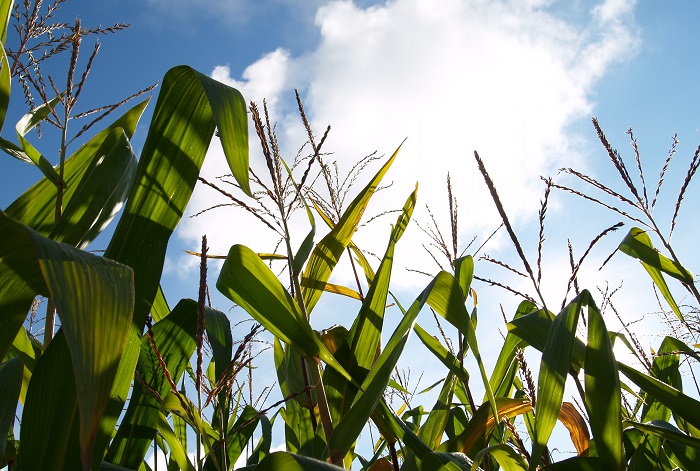Agriculture Minister: Zero chance of changing accession treaty for extended land purchase embargo



 Romania has little chance of blocking foreigners from buying land plots in the country after 2013, when the country is supposed to open its market, as agreed in the EU accession treaty, according to the country's Agriculture Minister Stelian Fuia. “There has been a lot of talk about what we should do to block the sale of plots to foreigners from 2013 onwards,” said the Minister. He added that those who comment should read the accession treaty, which, he said, would show that "the chances to place an embargo on land purchase by foreigners are almost zero." Despite predicting failure for an embargo attempt Fuia added, "this doesn't mean we will not try.”
Romania has little chance of blocking foreigners from buying land plots in the country after 2013, when the country is supposed to open its market, as agreed in the EU accession treaty, according to the country's Agriculture Minister Stelian Fuia. “There has been a lot of talk about what we should do to block the sale of plots to foreigners from 2013 onwards,” said the Minister. He added that those who comment should read the accession treaty, which, he said, would show that "the chances to place an embargo on land purchase by foreigners are almost zero." Despite predicting failure for an embargo attempt Fuia added, "this doesn't mean we will not try.”
The minister himself said in February this year that Romania intends to block foreign access to its agricultural land market from 2013 onward, when the terms of Romania’s EU accession treaty deem that the market should be opened, allowing foreigners to buy land in the country without having to set up a local company first.
Stelian Fuia then said he was planning to extend the ban after 2013, by changing Romania’s accession treaty. At present, foreigners can only buy land in Romania through companies set up locally, and not as individuals. From 2013, they should have the right to buy land directly in Romania, according to the current accession treaty.
The rational of the rules and restrictions is to protect Romania from a wave of foreign buyers taking advantage of low prices and eventually controlling Romania’s agriculture. The price of agricultural land in Romania was between EUR 1,500 and EUR 2,500 per hectare in 2010, and although prices reached EUR 4,000 to EUR 5,000 per hectare in some areas in 2011, land prices were still among the lowest in the European Union. The price per hectare can reach EUR 10,000 and even EUR 15,000 in countries with developed agriculture sectors.
Foreign companies own some 700,000 hectares of land in Romania, around 8.5 percent of the country’s plough-able area, according to data previously releases by Romania’s Agriculture Ministry.
Italian buyers rank first, with 24 percent, followed by Germans, with 15.4 percent, and buyers from Arabic countries, some 9.9 percent. Hungarians have some 8 percent of the 700,000 hectares of land owned by foreigners in Romania, while Spanish buyers, some 6 percent. Then come Austrians, with 6 percent, Danish buyers – some 4.5 percent, Greek and Dutch, with 2.4 percent each. All these investments are made through local companies with foreign shareholders.
editor@romania-insider.com
(photo source: Photoxpress.com)